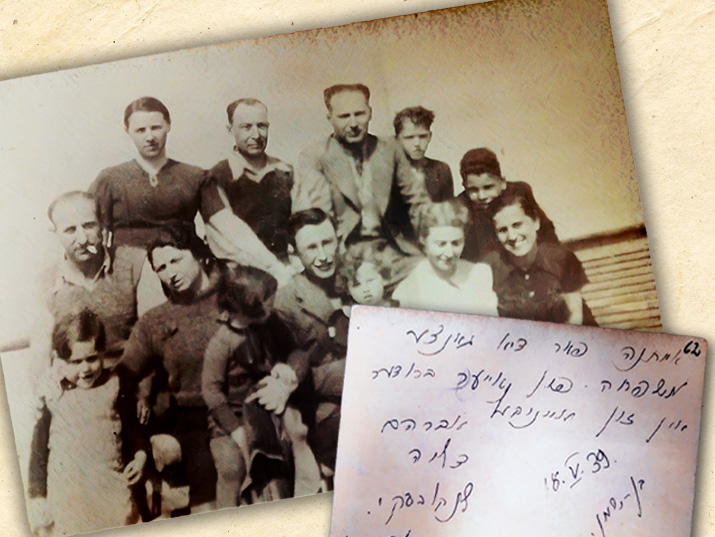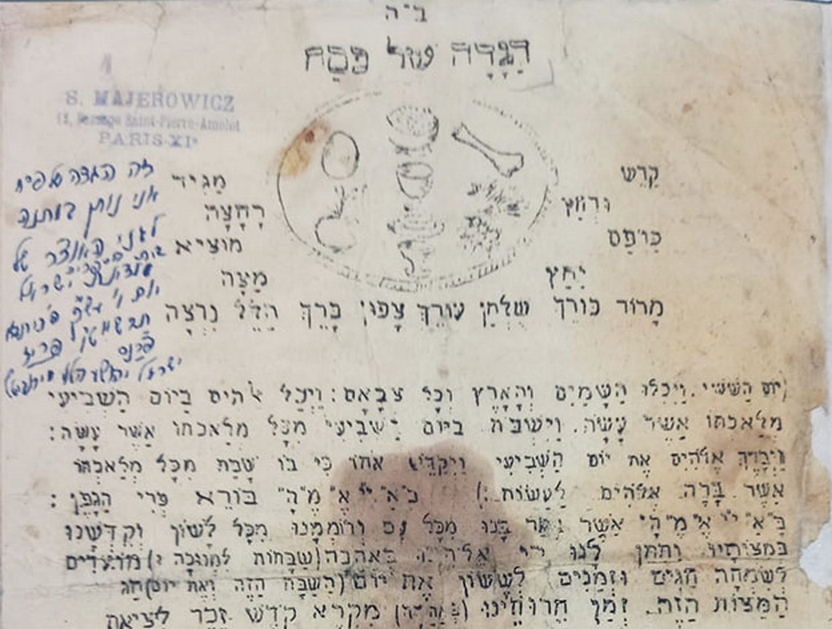The male body in medicine and literature
Enlarge text Shrink text- Book
Contrary to what Simone de Beauvoir famously argued in 1949, men have not lived without knowing the burdens of their sex. Though men may have been elevated to cultural positions of strength and privilege, it has not been without intense scrutiny of their biological functions. Investigations of male potency and the 'ability to perform' have long been mainstays of social, political, and artistic discourse and have often provoked spirited and partisan declarations on what it means to be a man. This interdisciplinary collection considers the tensions that have developed between the historical privilege often ascribed to the male and the vulnerabilities to which his body is prone. Andrew Mangham and Daniel Lea's introduction illustrates how with the dawn of modern medicine during the Renaissance there emerged a complex set of languages for describing the male body not only as a symbol of strength, but as flesh and bone prone to illness, injury and dysfunction. Using a variety of historical and literary approaches, the essays consider the critical ways in which medicine's interactions with literature reveal vital clues about the ways sex, gender, and identity are constructed through treatments of a range of 'pathologies' including deformity, venereal disease, injury, nervousness, and sexual difference. The relationships between male medicine and ideals of potency and masculinity are searchingly explored through a broad range of sources including African American slave fictions, southern gothic, early modern poetry, Victorian literature, and the Modern novel.
| Title |
The male body in medicine and literature / edited by Andrew Mangham and Daniel Lea. [electronic resource] |
|---|---|
| Publisher |
Liverpool : Liverpool University Press |
| Creation Date |
2011 |
| Notes |
Title from publisher's bibliographic system (viewed on 20 Nov 2019). Includes bibliographical references and index. |
| Content |
Introduction / Andrew Mangham and Greta Depledge -- 'Difficulties, at present in no Degree clear'd up': the controversial mother, 1600-1800 / Carolyn D. Williams -- Monstrous issues: the uterus as riddle in early modern medical texts / Lori Schroeder Haslem -- Surveilling the secrets of the female body: the contest for reproductive authority in the popular press of the seventeenth century / Susan C. Staub -- 'Made in imitation of real women and children':obstetrical machines in eighteenth-century Britain / Pam Lieske -- Transcending the sexed body: reason, sympathy, and 'thinking machines' in the debates over male midwifery / Sheena Sommers -- Emma Martin and the manhandled womb in early Victorian England / Dominic Janes -- Narrating the Victorian vagina: Charlotte Brontë and the masturbating woman / Emma L.E. Rees -- 'Those parts peculiar to her organization': some observations on the history of pelvimetry, a nearly forgotten obstetric sub-specialty / Joanna Grant -- 'She read on more eagerly, almost breathlessly': Mary Elizabeth Braddon's challenge to medical depictions of female masturbation in The doctor's wife / Laurie Garrison -- Mrs. Robinson's 'Day-book of iniquity': reading bodies of/and evidence in the context of the 1858 Medical Reform Act / Janice M. Allan -- Rebecca's womb: irony and gynaecology in Rebecca / Madeleine K. Davies -- Representations of illegal abortionists in England, 1900-1967 / Emma L. Jones -- Afterword: reading history as/and vision / Karin Lesnik-Oberstein. |
| Series |
Liverpool English texts and studies 72 |
| Extent |
1 online resource (xii, 247 pages) : digital, PDF file(s). |
| Language |
English |
| National Library system number |
997012334580105171 |
MARC RECORDS
Tags
- Human body in literature.
- English literature History and criticism.
- American literature History and criticism.
- Medicine in literature.
- Literature and medicine History.
- Men in literature.
- Masculinity in literature.
- Medicine and literature
- Medical care in literature
- nne Masculinity (Psychology) in literature
- nne Body, Human, in literature
- nne Human figure in literature
Have more information? Found a mistake?

 Sign in with Google
Sign in with Google
 Sign in with Facebook
Sign in with Facebook



